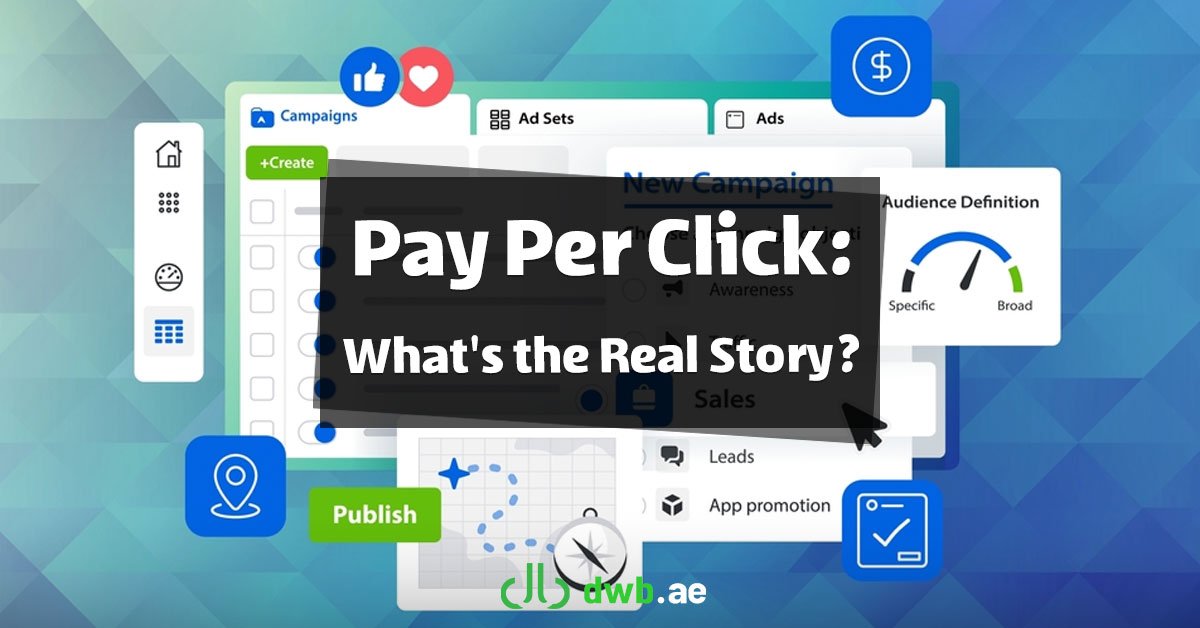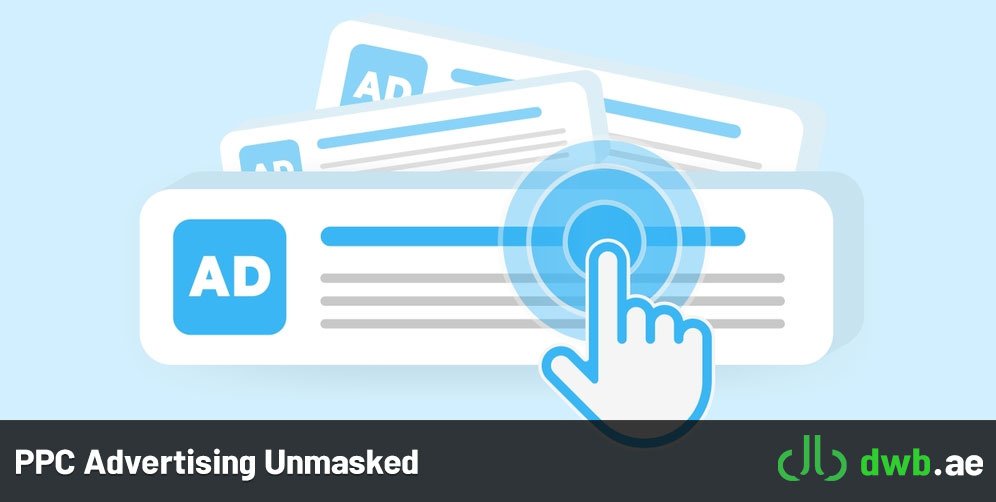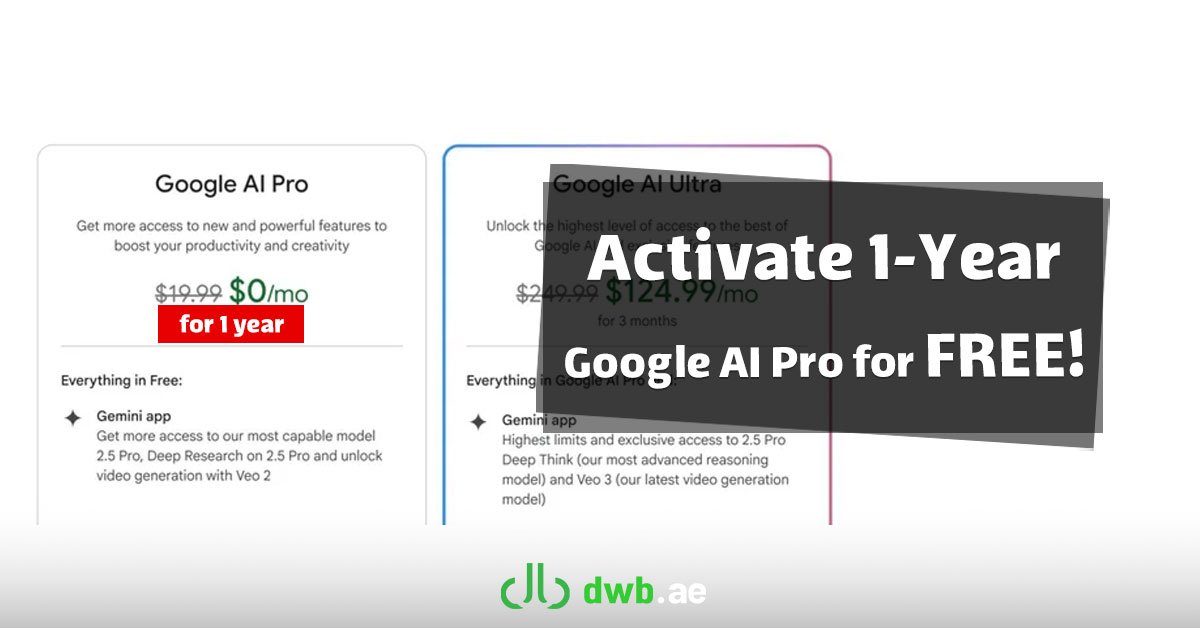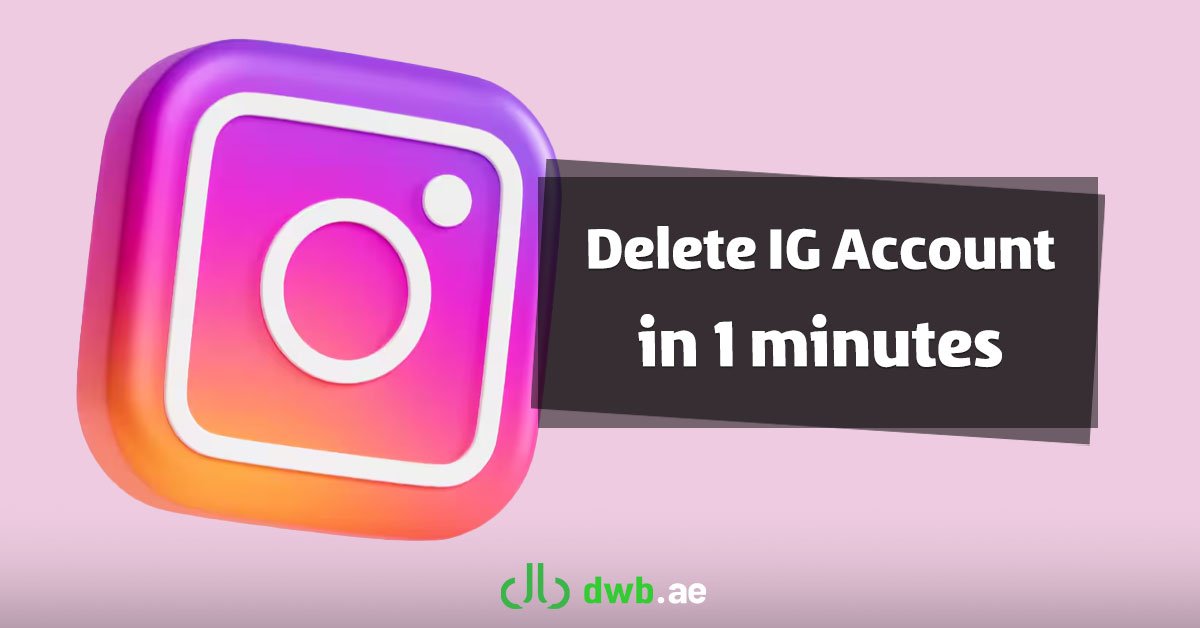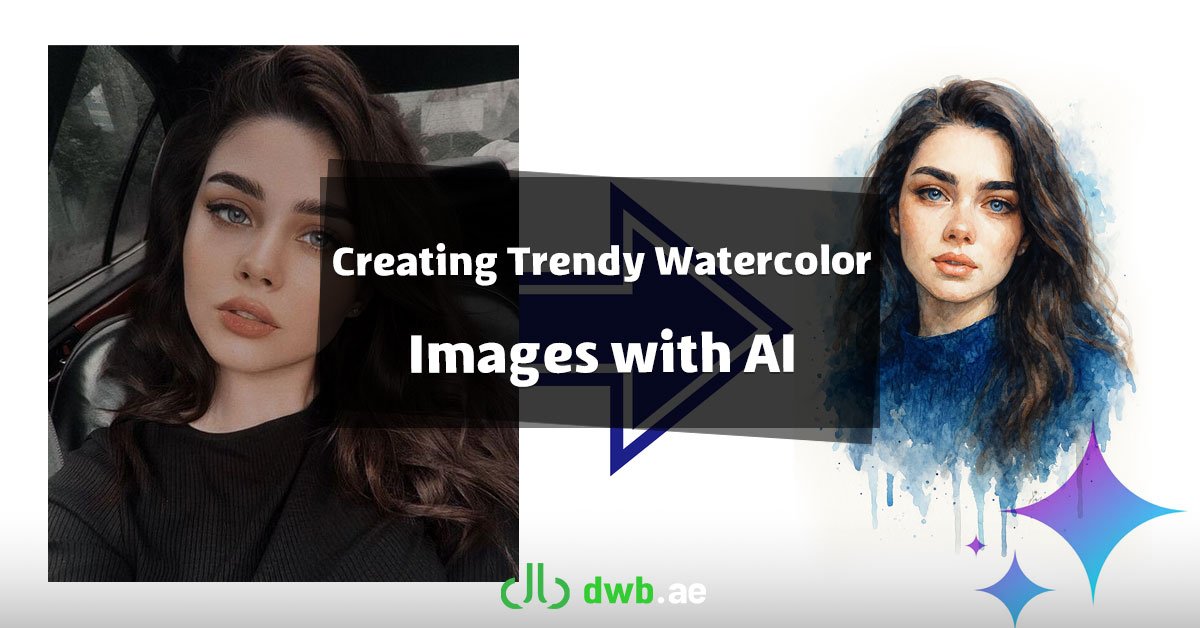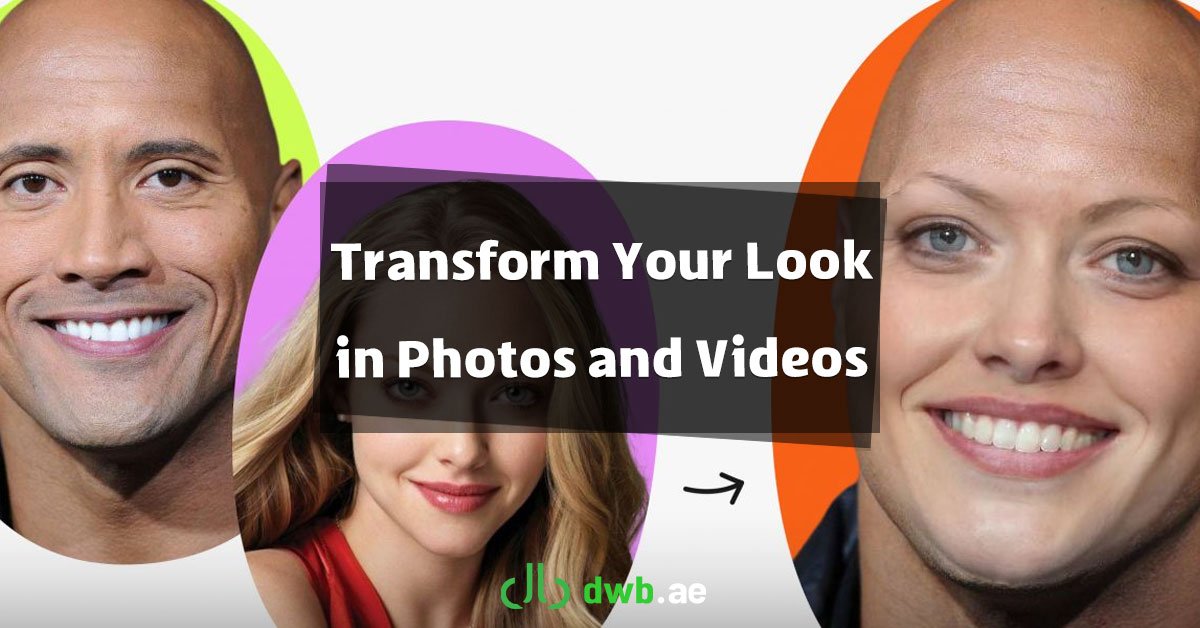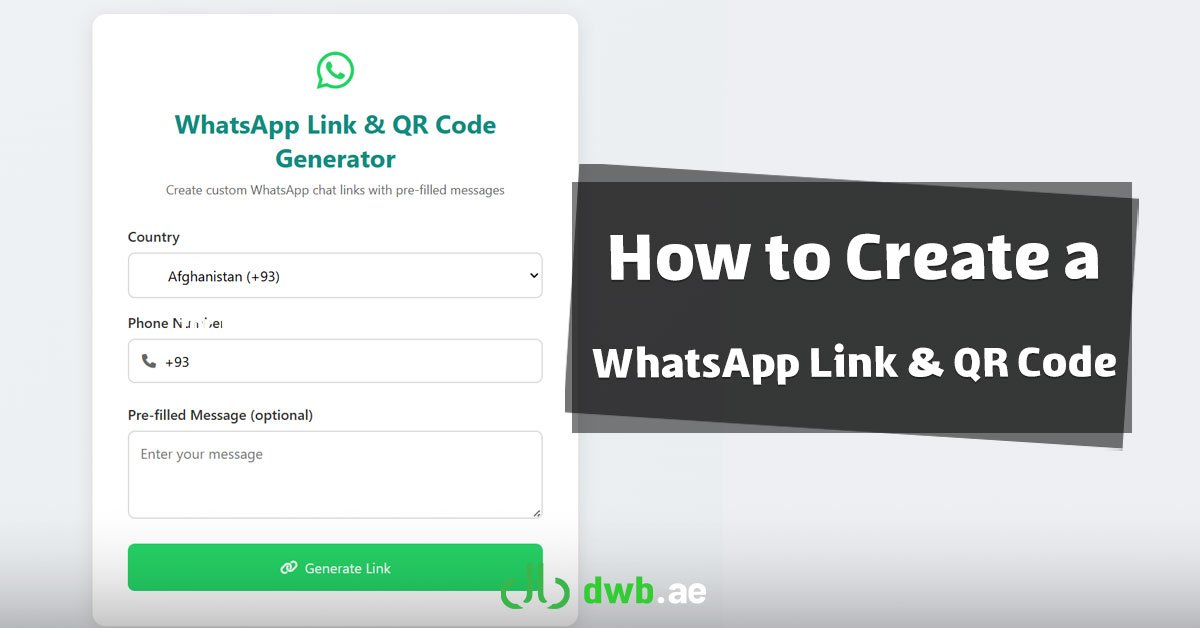PPC (Pay-Per-Click) advertising has become a cornerstone of online marketing strategies for businesses across the globe, including Dubai. On the surface, it seems like a straightforward way to drive traffic and grow your business: you pay for clicks, attract visitors, and ideally convert them into paying customers. But behind the glitzy promises and flashy metrics lies a complex system with many nuances—some beneficial and others less so.
In this article, we’ll pull back the curtain on PPC advertising in Dubai and explore what’s really happening behind the scenes.
What Is PPC Advertising?
PPC is an online advertising model where advertisers pay a fee each time their ad is clicked. Essentially, you’re buying visits to your website rather than earning them organically. Platforms like Google Ads, Facebook Ads, and Instagram Ads dominate this space. PPC campaigns typically involve keyword targeting, audience segmentation, and real-time bidding on ad placements.
Why Is PPC Advertising Popular in Dubai?
Dubai, a global hub for business and innovation, is a competitive marketplace. Companies in the UAE spend heavily on digital marketing to reach both local and international audiences. Here are some reasons why PPC is particularly popular in Dubai:
- High Internet Penetration: Dubai has one of the highest internet penetration rates globally, making online advertising highly effective.
- Targeted Advertising: PPC allows businesses to target specific demographics, languages, and behaviors—a critical feature in a multicultural city like Dubai.
- Fast Results: PPC offers almost instant visibility, which is vital for companies launching new products or entering the market.
- Measurable ROI: The ability to track and measure results makes PPC attractive for companies looking to justify their marketing spend.
What They Don’t Tell You About PPC
While PPC offers numerous advantages, there are aspects of this advertising model that businesses often overlook or misunderstand. Let’s delve into some of these:
1. Clicks Are Not Conversions
Just because someone clicks on your ad doesn’t mean they’ll make a purchase or even stay on your site for more than a few seconds. High click-through rates (CTR) may look impressive, but the ultimate goal is to achieve conversions. Many businesses in Dubai invest heavily in PPC without a clear strategy for converting clicks into customers.
2. The Auction System Can Drain Your Budget
PPC platforms operate on an auction system. Advertisers bid for ad placements, and the cost per click (CPC) can skyrocket for competitive keywords. In sectors like real estate, hospitality, and luxury goods—major industries in Dubai—CPCs can reach exorbitant levels. Without careful budget management, you could burn through your ad spend with little to show for it.
3. Fraudulent Clicks and Bots
Click fraud is a significant issue in the PPC world. Competitors or malicious actors can deliberately click on your ads to deplete your budget. Additionally, bots and automated systems can inflate your click numbers without delivering any real value. While platforms like Google Ads claim to have measures in place to combat this, the reality is far from perfect.
4. Hidden Costs of Management
Running a successful PPC campaign requires ongoing management, testing, and optimization. Many businesses in Dubai outsource this work to digital marketing agencies, incurring additional costs. Poorly managed campaigns can quickly turn into a financial black hole.
5. Algorithm Changes
PPC platforms frequently update their algorithms and policies, which can drastically impact your campaign performance. Staying updated and adapting to these changes requires time and expertise—resources that not all businesses have.
The Goal of PPC Platforms: Maximizing Their Revenue
It’s essential to understand that PPC platforms are businesses themselves, and their primary goal is to maximize their own revenue. Here’s how they achieve this:
1. Encouraging Higher Bids
Platforms like Google Ads incentivize higher bids through features like “Quality Score.” While Quality Score considers factors like ad relevance and landing page experience, it’s also designed to encourage advertisers to compete for top placements, driving up CPCs.
2. Promoting Automation
PPC platforms push automated bidding strategies, claiming they’ll optimize your campaign for maximum ROI. However, these systems often prioritize higher ad spend, benefiting the platform more than the advertiser.
3. Offering Premium Features
Advanced targeting options, detailed analytics, and other premium features are often locked behind additional costs. While these tools can be valuable, they also increase your overall spend.
Behind the Scenes: The PPC Ecosystem in Dubai
Dubai’s unique market dynamics add another layer of complexity to PPC advertising. Here’s what’s happening behind the scenes:
1. Local Competition
Dubai’s business landscape is highly competitive. Companies within the same industry often bid on the same keywords, driving up CPCs. For example, keywords related to luxury hotels, real estate, or financial services can be extraordinarily expensive.
2. Multicultural Audience
Targeting Dubai’s diverse population requires nuanced campaigns. Businesses often need to create ads in multiple languages and tailor them to different cultural preferences. This increases the complexity—and cost—of PPC campaigns.
3. Seasonal Trends
Dubai’s event-driven economy, with expos, festivals, and tourism peaks, means that ad competition can vary drastically throughout the year. Advertisers need to account for these fluctuations to optimize their budgets effectively.
4. Agency Involvement
Many businesses in Dubai rely on digital marketing agencies to manage their PPC campaigns. While agencies bring expertise, they also charge fees, adding another layer of cost. Furthermore, not all agencies are transparent about their practices, and some may prioritize their profit over your campaign’s success.
How to Make PPC Work for You in Dubai
Despite the challenges, PPC can still be an effective tool for businesses in Dubai if approached strategically. Here are some tips:
1. Focus on ROI, Not Just Clicks
Measure the success of your campaigns based on return on investment (ROI) rather than vanity metrics like clicks or impressions. Use tools like conversion tracking and analytics to understand what’s driving real value.
2. Leverage Local Insights
Understand your audience and tailor your campaigns to Dubai’s unique market. Use region-specific keywords and customize your ads to resonate with local preferences.
3. Optimize Landing Pages
A well-designed landing page can make or break your campaign. Ensure that your landing pages are fast, mobile-friendly, and optimized for conversions.
4. Monitor and Adjust Regularly
PPC campaigns require constant monitoring and optimization. Analyze your performance data and make adjustments to improve targeting, ad copy, and bidding strategies.
5. Be Cautious with Automation
While automated bidding can save time, don’t rely on it blindly. Regularly review your settings and results to ensure the automation is aligned with your goals.
Conclusion: Is PPC Worth It in Dubai?
PPC advertising in Dubai can be a powerful tool for driving traffic and generating leads, but it’s not a guaranteed path to success. The system is designed to benefit the platforms, and without a clear strategy, businesses can end up spending more than they earn.
By understanding the nuances of PPC and approaching it with a data-driven mindset, you can maximize your chances of success. Whether you’re a small business or a large corporation, the key is to focus on sustainable, measurable growth rather than chasing clicks or impressions. In a city as dynamic and competitive as Dubai, a well-executed PPC campaign can give you the edge—but only if you know what you’re getting into.



